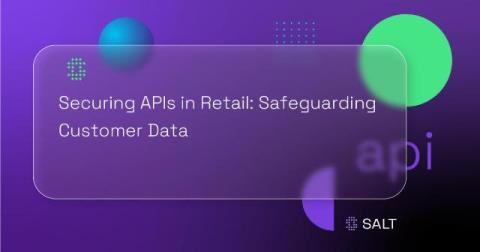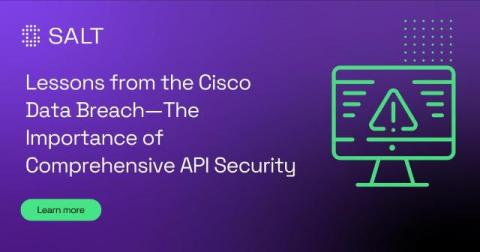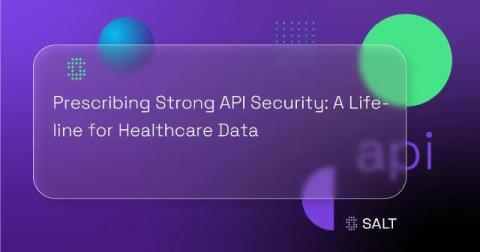Gaining Security Context with API Session Data
API attacks don't always occur in a single request, and more sophisticated attacks require additional context. Whether it's account takeover or scraping, understanding the behavior of an attacker across a session is key to accurate detection and effective investigation. Today, organizations often lack the ability to delve into the details of specific API sessions. Data is spread across multiple tools, or simply unavailable. The Wallarm platform allows users to seamlessly navigate between attack detections and the surrounding session data to fully understand the behavior and interactions involved.











